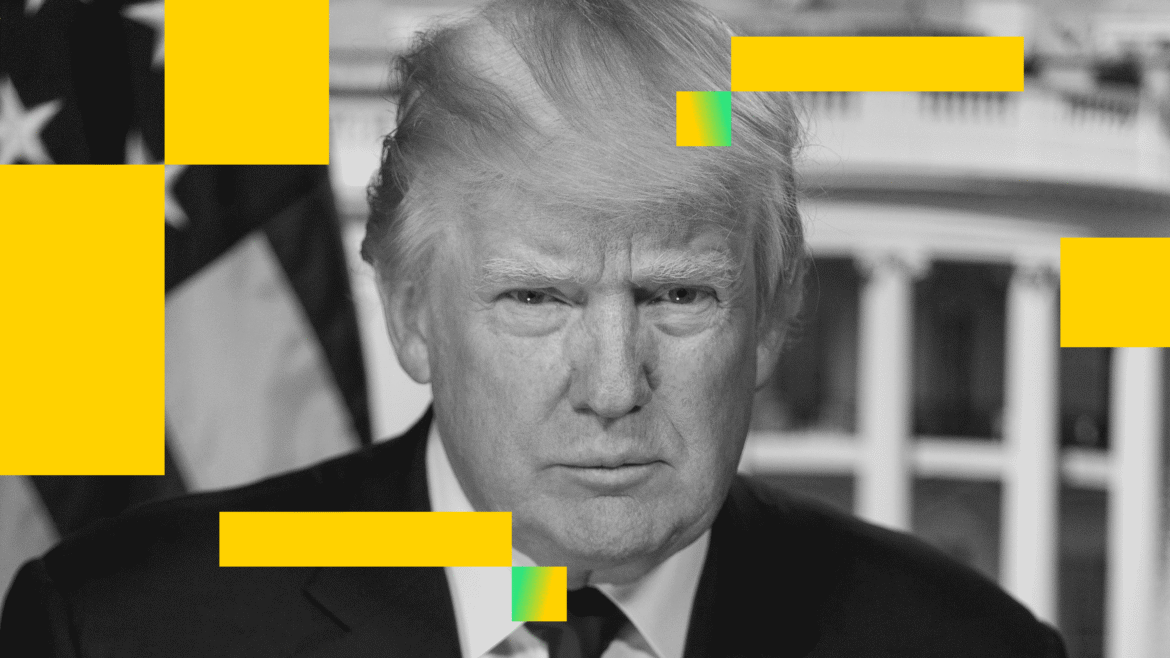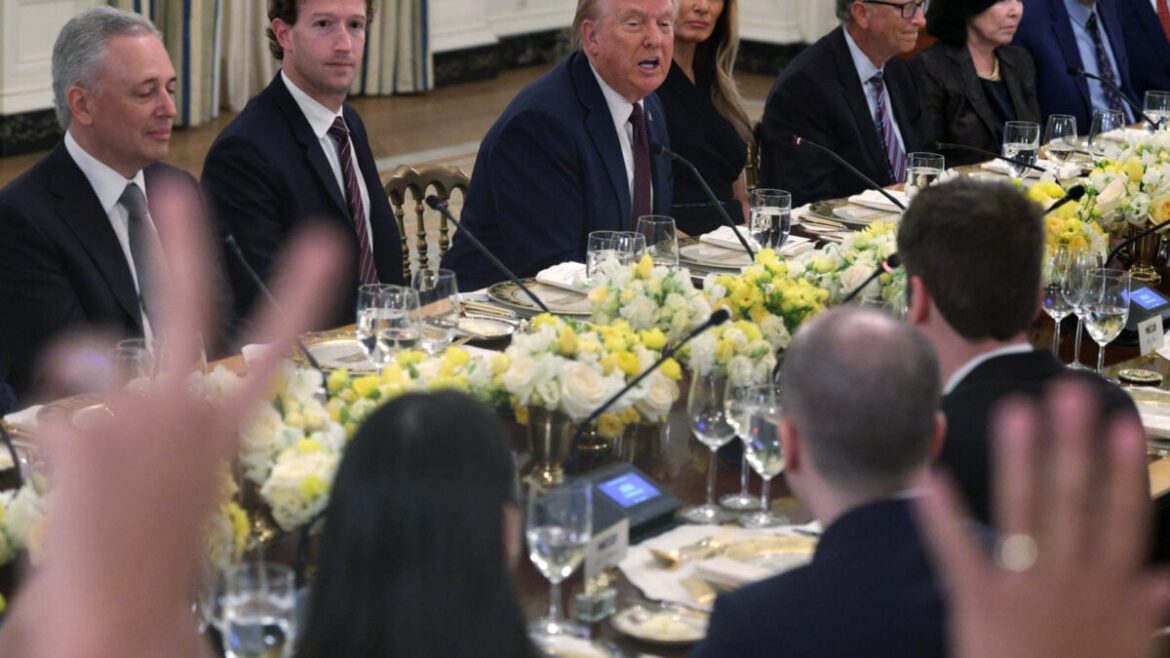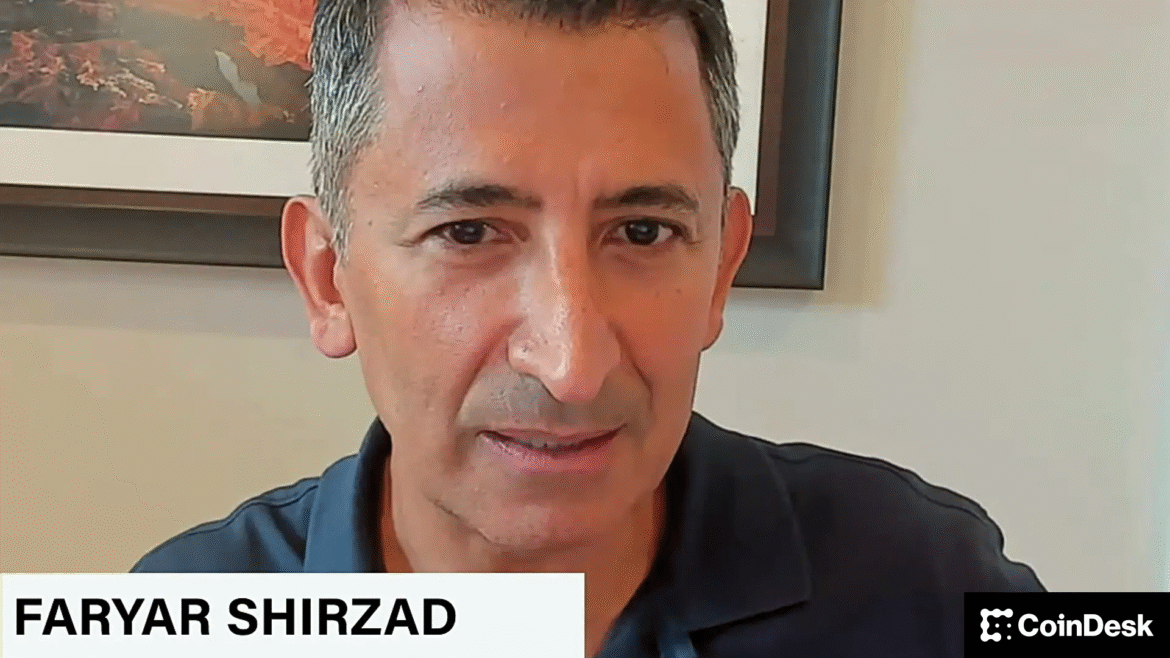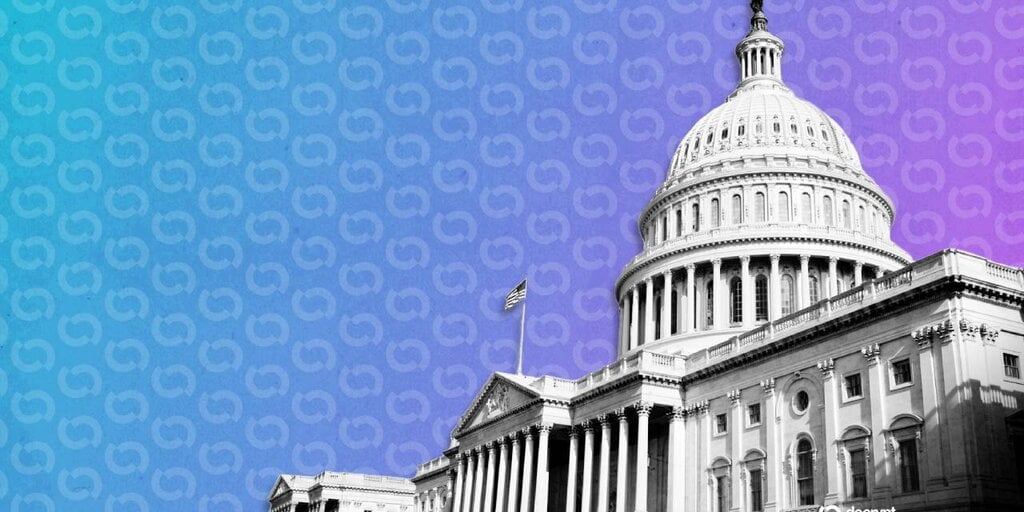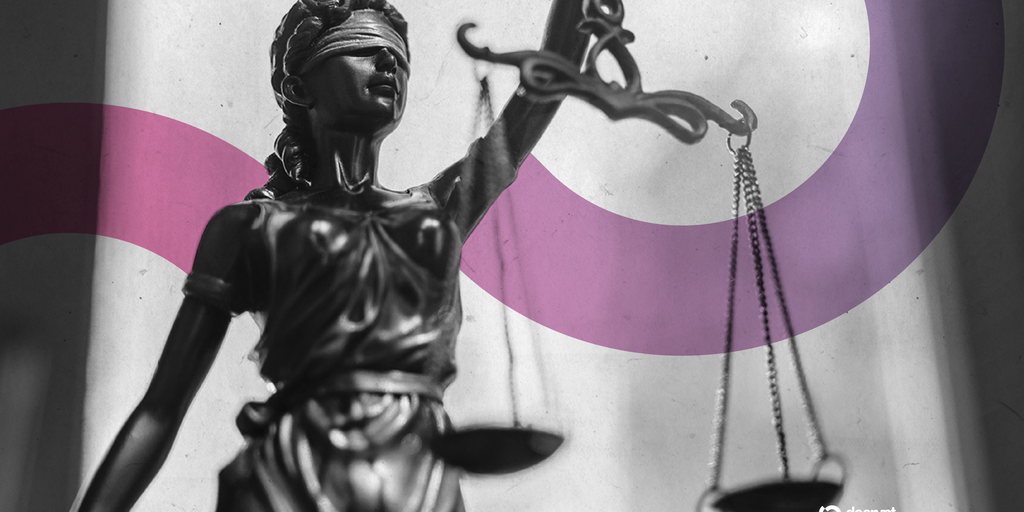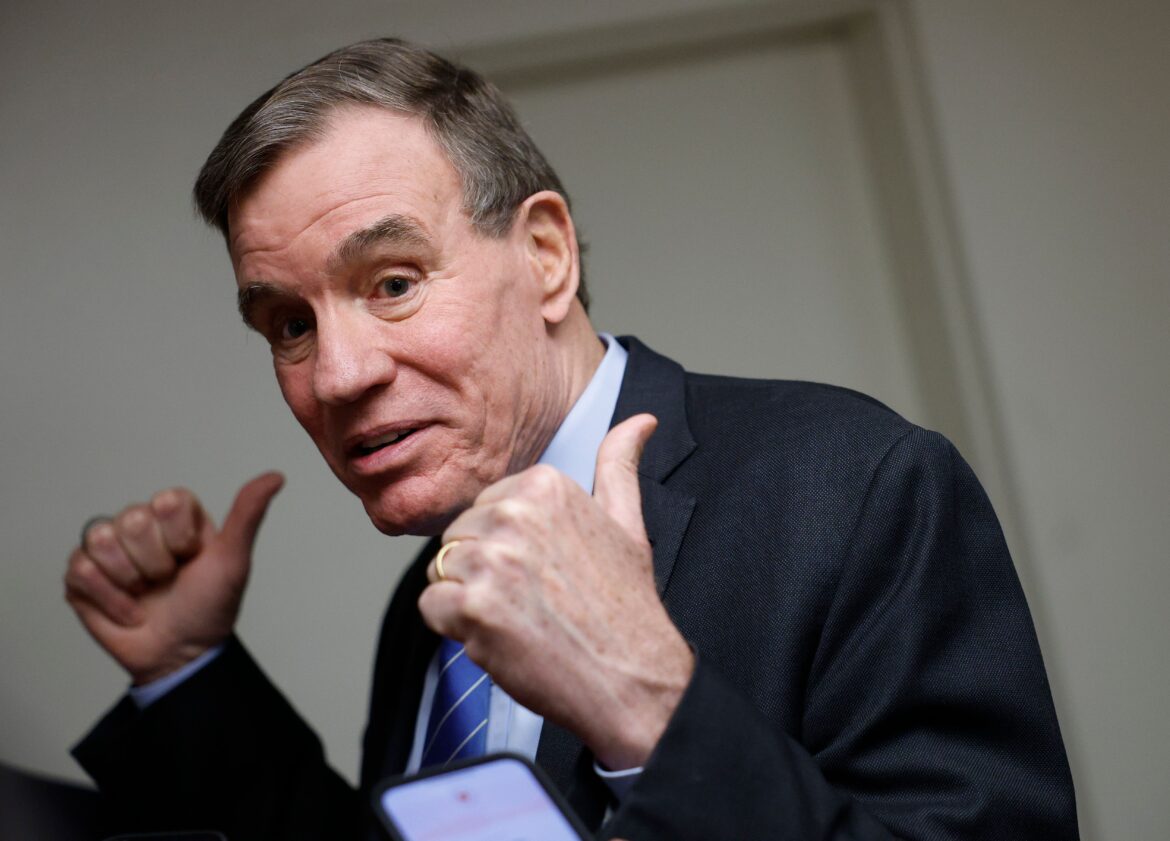Robinhood’s decision to list Strategy’s four preferred stocks marks a rare break from its own investment policies — and could strengthen Michael Saylor’s bitcoin playbook without diluting holders of the firm’s common stock, MSTR.
The brokerage began offering trading in four Strategy (MSTR) preferred stocks on Oct. 2, with tickers STRC, STRD, STRF, and STRK now available on the platform.
The next day, CEO Vlad Tenev confirmed the move on X, saying Robinhood had “heard from many Strategy investors that this was an important factor before moving their accounts.”
Robinhood’s rare policy shift
That detail matters because Robinhood’s own website still states that it does not currently support preferred stocks, grouping them with foreign equities and mutual funds under “unsupported assets.”
The inclusion of Strategy’s securities is therefore a rare policy shift, suggesting unusual demand from retail investors seeking exposure to the company’s bitcoin-linked products.
Inside Strategy’s preferred stock program
Strategy, formerly MicroStrategy, has developed a suite of four preferred stocks —STRC, STRD, STRF, and STRK — as an alternative way to raise capital for its bitcoin acquisition strategy. These instruments function like digital credit products, giving the company fresh funding without directly diluting holders of its common equity (MSTR).
Each class offers a different blend of yield, seniority and conversion terms:
- STRC serves as the flagship, perpetual preferred stock, paying a floating yield linked to U.S. Treasury rates.
- STRD features a fixed-rate coupon and shorter maturity, appealing to more conservative investors.
- STRF provides flexible redemption rights for institutional holders.
- STRK is the riskiest, higher-yield tranche, designed for investors seeking maximum exposure to Strategy’s bitcoin strategy.
For investors, this structure is important because it enables Strategy to aggressively expand its bitcoin holdings while limiting equity dilution for existing MSTR shareholders.
It also creates yield-bearing securities tied indirectly to the company’s bitcoin playbook — something traditional yield-bearing stablecoins have struggled to achieve under U.S. regulation.
What does it mean for bitcoin
On X, Stony Chambers, a Seeking Alpha analyst, called $STRC “the iPhone moment” for crypto-linked securities — arguing that its debut as Robinhood’s first-ever preferred listing shows “real product-market fit.”
Chambers speculated that future catalysts such as ratings coverage, tokenization, or even stablecoin allocation could trigger “vertical jumps” in demand for STRC. While his projections are highly speculative, his comments underscore how the new listings could expand retail participation in Strategy’s ecosystem.
Ultimately, the change gives Saylor’s firm a potentially powerful new funding avenue — and for bitcoin, another indirect demand driver as one of its largest corporate holders gains easier retail access to capital.


